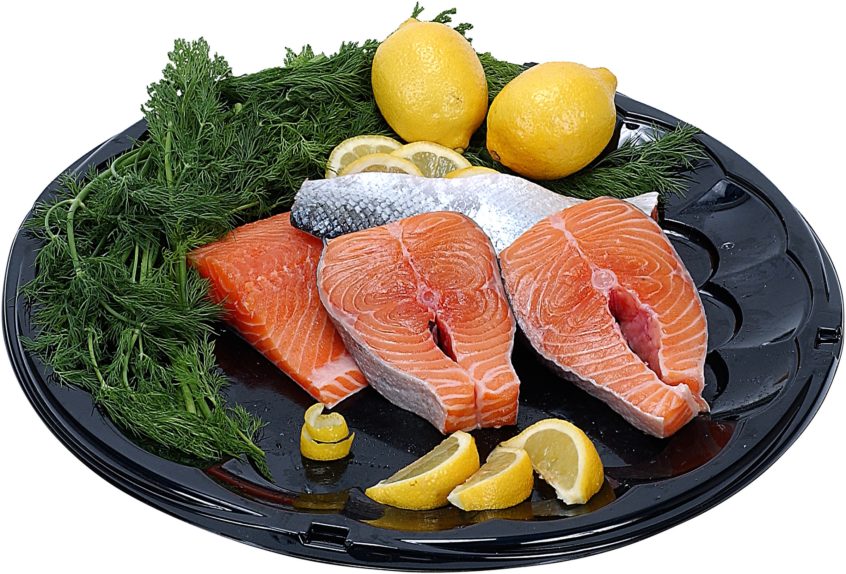Can a healthy diet reduce the risk of hearing loss? Nutritional status has been identified as a risk associated with hearing loss. But in a recent review, researchers from Spain examined the links between hearing loss and nutritional status, looking at studies published between 2010 and 2019.
What they found was that diets rich in saturated fats and cholesterol have negative effects on hearing that could be prevented by lower consumption. On the other hand, eating fruits, vegetables, and polyunsaturated fatty acids (omega-3) and anti-oxidants in the form of vitamins A, C, and E, help prevent the development of age-related hearing loss.
So what’s the best diet for healthy hearing, and better yet to prevent age-related hearing loss? Though more research into the topic is needed, a healthy, balanced diet, probably the same one recommended by your cardiologist or primary care provider, would also benefit your hearing.
Here are a few tips to help you eat healthier, and potentially reduce your risk for hearing loss.
- Allow plenty of time for shopping. Following a healthy diet can take some time, especially when getting started. Read food labels, even for so-called “healthier” foods. Ingredients and nutrient content can vary a lot by brand and preparation. When there’s more than one choice, compare labels. Choose the item with the lowest amounts of sodium, saturated fat, trans fat and added sugars.
- Beware of sneaky ingredients. For example, transfats and added sugars go by many different names, making it harder to tell just how much is in there. Be on the lookout for hidden sweeteners such as high-fructose corn syrup, dextrose or maltose; and transfats, often disguised as hydrogenated oils.
- Shop in the fresh produce aisle. Your best and most natural choices will always come from this section. But, when your favorite produce isn’t in season or isn’t available, choose frozen, canned or dried produce. These options can be just as nutritious as fresh, and will last longer. Choose canned fruit packed in water, light syrup or its own juice. With canned and frozen vegetables, choose the product with the lowest amount of sodium. Heavy syrups and sauces can add unwanted ingredients to your healthy fruits and veggies.
- Choose whole-grain foods. Lots of products claim to be, but there’s a simple way to know for sure. Look for the word “whole-grain” (or “whole” followed by the grain name) as the first item in the ingredients list.
- Include natural omega-3 fatty acids in your diet. In most cases, salmon is a great source of omega-3, and it’s readily available in local markets. Baking, broiling and grilling are the healthiest ways to prepare salmon, and the American Heart Association recommends one to two meals a week of an omega-rich fish. Other fish rich in omega-3 include herring, trout, sardines and albacore tuna. Cod, catfish, tilapia, scallops, lobster, mussels, and shrimp still contain omega-3s, but not in high amounts. Unfortunately, about 90 percent of Americans do not consume the recommended amount of fish and/or omega-3.
- Talk with your doctor about your diet, and ask if supplements are necessary. If you’re not a fish lover, an omega-3 supplement might be in order.
Eating healthy could benefit many aspects of your life, in addition to your hearing.
Schedule a comprehensive hearing evaluation with a doctoral-level audiologist.



